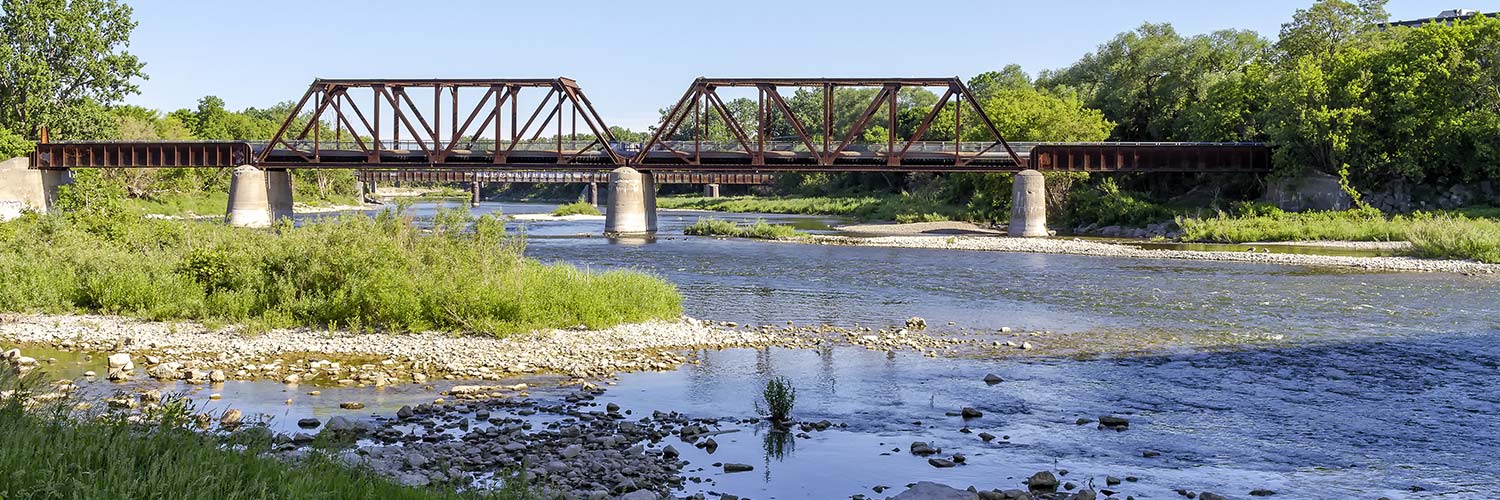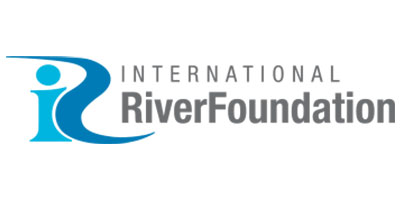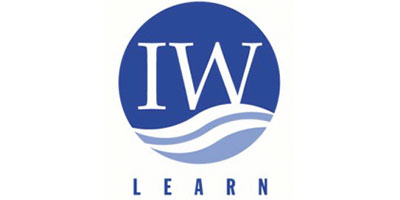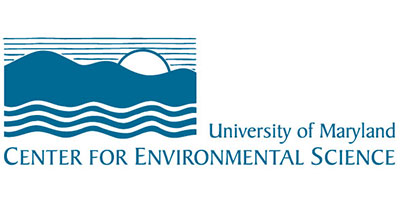Grand River and San Roque Lake

The Grand River, Ontario, Canada won the Thiess International Riverprize in 2000, and a Twinning relationship was formalised in 2004 with Los Algarrobos (Cordoba, Argentina) a non-governmental organisation specialising in environmental education, community enhancement, and watershed issues to improve the health of the San Roque Lake watershed. More recently, the twinning has included the National University of Cordoba. This Twinning relationship is a mechanism for sharing and learning between the two watershed communities.
Twelve exchange visits have been undertaken between the two countries which have in turn facilitated workshops and the transfer of effective watershed approaches, practices and techniques from Canada to Argentina. Twinning participants have also attended the International Riversymposium and had the opportunity to learn about integrated river basin management from a range of global experts.
As a consequence of these activities, several sewage treatment upgrades have been made in the San Roque valley and open-air dumps have been shut down and cleaned up. Los Algarrobos environmental education materials, which were distributed to tens of thousands of teachers, have a watershed module that is a direct result of this Twinning project. There is a growing network of watersheds in Argentina sharing information with each other and leveraging the benefits of the twinning. This watershed network includes the provinces of Catamarca, Jujuy, Cordoba, Mendoza, Salta, and Nequen.
The second phase of the Twinning program focussed on implementing demonstration sites in the San Roque Lake Watershed and to extend the benefits to the growing watershed network. Following on the success of the Los Algarrobos twinning and in collaboration with the national University of Cordoba and the Water Resources Ministry of the Province of Cordoba, demonstration sites were established where farmers and other stakeholders implemented sustainable management practices.
To share the successes, lessons learned and engage partners a Healthy Watersheds for Healthy Communities conference was held in 2012. Four workshops, including tours of the demonstration sites and academic seminars have been held. These events attracted a wide variety of stakeholders such as government agencies at the national, provincial and municipal level, educational institutions of tertiary and university level, farmers, producers, technicians, academics, civil organizations, general public and business and international partners. Opportunities for future partnerships and best practices were highlighted on key issue areas in the basin: riparian zones recovery, windbreaks: structure, composition and operation, and agroforestry systems: structure, composition and operation.






No Comments